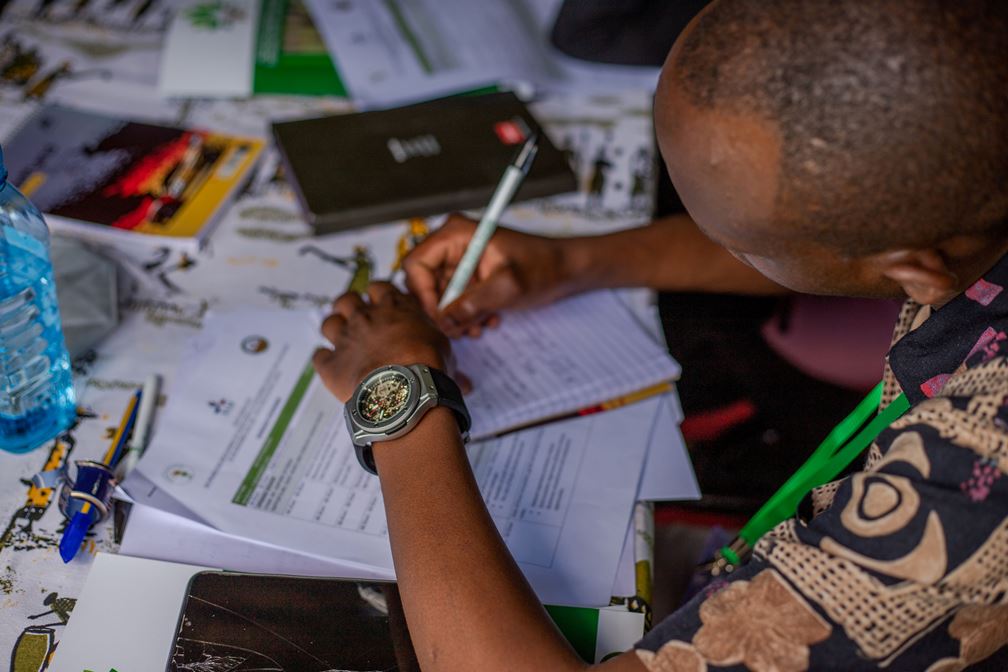National Youth Workshops
Background
Africa stands at a demographic crossroads. By 2030, the continent is expected to be home to 42% of the world’s youth, with 75% of its population under the age of 35. This growing “youth bulge” presents both a significant opportunity and a critical challenge, particularly in light of the increasing pressure on Africa’s natural resources.
On the one hand, Africa’s youth are more educated, connected, and tech-savvy than ever. They are uniquely positioned to drive innovation and sustainability in the forestry sector—contributing to climate resilience, job creation, and green economy growth. On the other hand, young people remain underrepresented in environmental decision-making and continue to face systemic barriers to their full participation in shaping Africa’s ecological future.
Despite these challenges, youth have shown the capacity to lead. From reforestation efforts to nature-based solutions, they are already leveraging disruptive technologies, indigenous knowledge, and community-based action to tackle deforestation, land degradation, and the climate crisis. Yet, their perspectives are still not sufficiently reflected in policy, scientific research, or global sustainability dialogues.
Why Youth Engagement in Forestry Matters
- Youth are future custodians of Africa’s forests and natural ecosystems.
- They bring fresh perspectives and can adopt science-driven solutions.
- They are most vulnerable to the effects of climate change but also best placed to build adaptive capacity.
- Their insights are critical to achieving the Global Forest Goals, the UN Decade on Ecosystem Restoration, and national sustainability targets.
The scientific and policy communities have a key role to play in empowering African youth—by recognizing their dependency on forests, supporting inclusive research, and ensuring that youth voices are heard at all levels of forest governance.
#AfricanYouth4Forests
Under the pilot initiative AfricanYouth4Forests (AY4F), the African Forest Forum (AFF)—in collaboration with the Swedish University of Agricultural Sciences (SLU) and the Kenya Forestry Research Institute (KEFRI)—has developed a platform to elevate youth engagement in sustainable forestry.
Targeting youth aged 18–30, the initiative blends scientific and indigenous knowledge systems to foster awareness, dialogue, and leadership. Through this approach, youth are empowered to:
- Deepen their understanding of Africa’s forests
- Articulate their vision for the future of forest governance
- Explore opportunities within the green and bioeconomy sectors
National Visioning Workshops
The national youth workshops provide a unique space for co-creation, learning, and exchange between young people and forestry experts. These workshops aim to:
- Explore the Role of Forests in Youth Livelihoods
Understand how forests impact the lives of young people, their communities, and national economies. - Highlight the Richness and Significance of African Forests
Raise awareness on forest biodiversity, cultural value, and ecological importance at both national and regional levels. - Empower Youth Visioning for Forest Futures
Enable youth to voice their aspirations and propose innovative, sustainable uses of forest resources.
By investing in Africa’s youth, the AY4F initiative not only strengthens future forest stewardship but also unlocks the potential of a generation to drive sustainable development, climate resilience, and inclusive environmental governance across the continent.
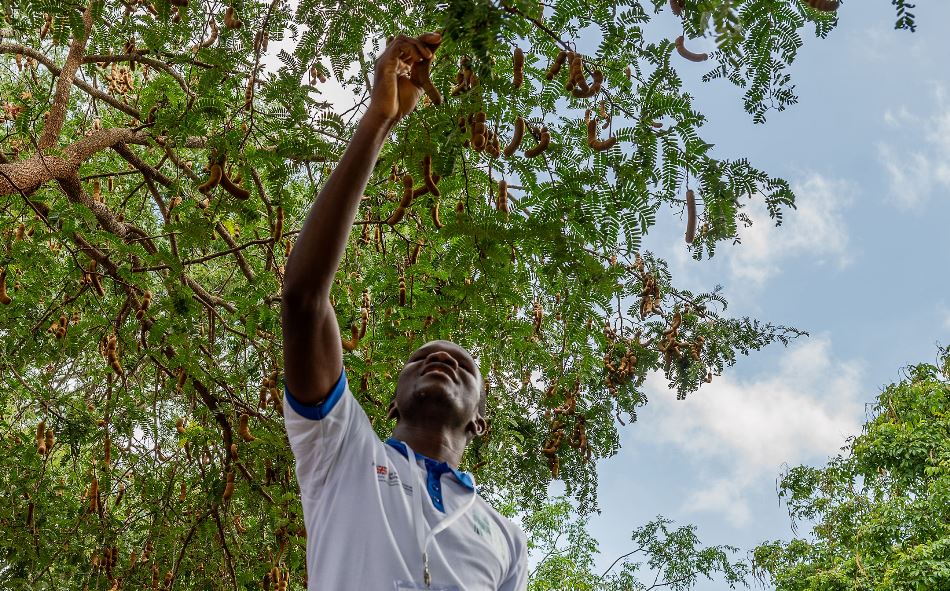
2025 Workshop Highlights > Kenya
Kenyan Youth Declare Bold Commitment to Forest Conservation and Green Economy Ahead of COP 30
May 5, 2025: Young environmental leaders from across Kenya have issued a powerful declaration reaffirming their central role in the country’s green transition and forest conservation agenda. The declaration was made during of a three-day AfricanYouth4Forests (AY4F) National Youth Workshop held in Kitui County under the theme “From Science to Youth Action for Sustainable Forestry.”
Conducted by the African Forest Forum in collaboration with the Kenya Forestry Research Institute (KEFRI) and the Swedish University of Agricultural Sciences (SLU), the workshop is part of the continental build-up to COP 30, scheduled for November 2025 in Brazil, where African youth will present their unified voice and policy recommendations on forestry, climate action, and sustainable development. It provided a space for youth to co-develop practical solutions, enhance their skills in conservation and ecopreneurship, and advocacy in national and international forestry discourse.
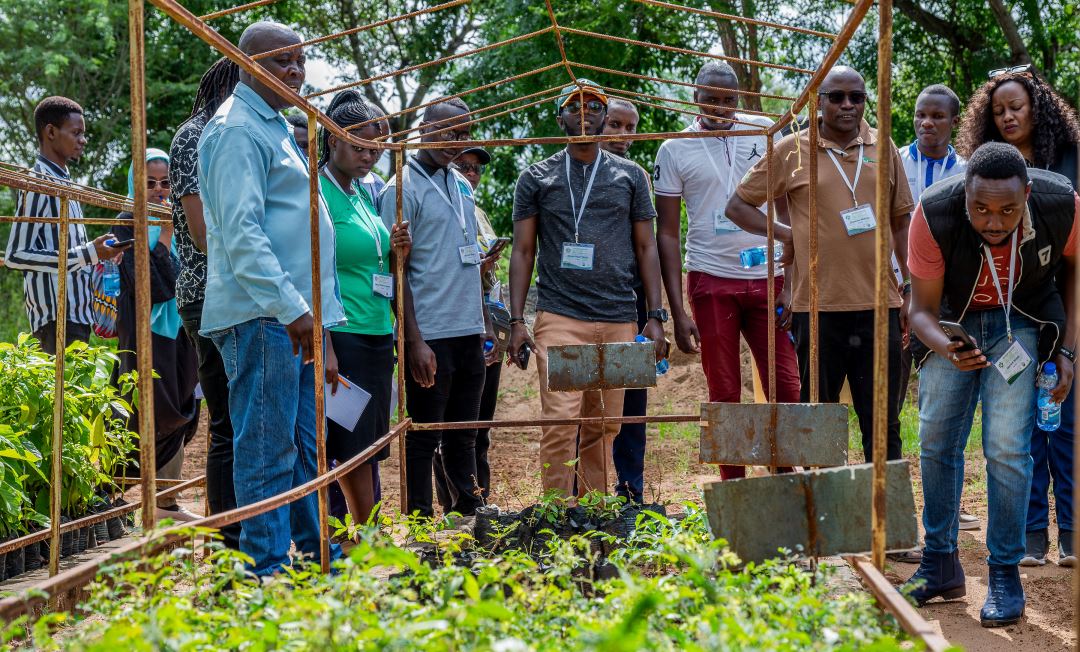
The youth declaration outlines the challenges facing forest ecosystems in Kenya, ranging from climate change, limited inclusion of youth in policy-making, deforestation, to lack of access to funding and technical training. Despite these obstacles, young participants reaffirmed their readiness to lead through green innovation, community-based conservation, and forest-based entrepreneurship. Their proposed solutions include tree nursery enterprises, digital storytelling for forest advocacy, carbon credit initiatives, climate-smart agroforestry, as well as timber and non-timber forest product enterprises and ecotourism.
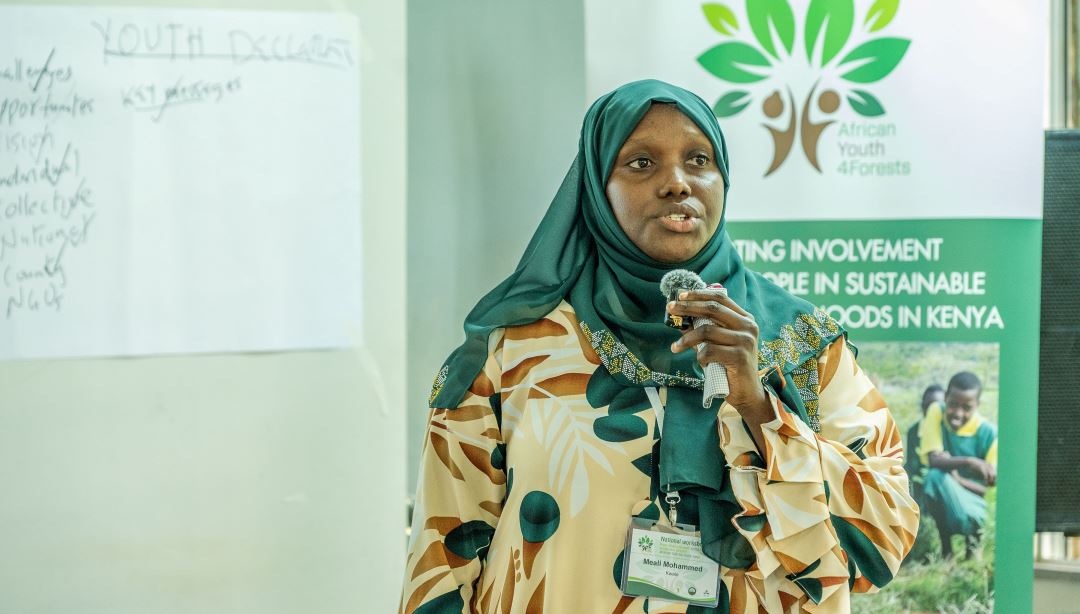
“Young people are not just future leaders — they are today’s drivers of sustainability and innovation; We are ready to take charge in ensuring that our forests thrive while creating inclusive economic opportunities that benefit our communities and the planet.” the declaration states in part.
The AfricanYouth4Forests (AY4F) initiative represents a dynamic intersection between Africa’s verdant forests and its vibrant youth population that is four times larger than Europe’s and as ripe with potential. By fusing traditional wisdom with science and digital tools, AY4F empowers youth aged 18–30 to transform environmental aspirations into practical actions that protect biodiversity, mitigate climate impacts, and generate green livelihoods.
The national workshop was aimed at translating scientific and indigenous knowledge into youth-led action, equipping youth with tools for sustainable forest management and conservation, fostering innovation and entrepreneurship within the green economy, and strengthening youth advocacy for policy influence and decision-making.
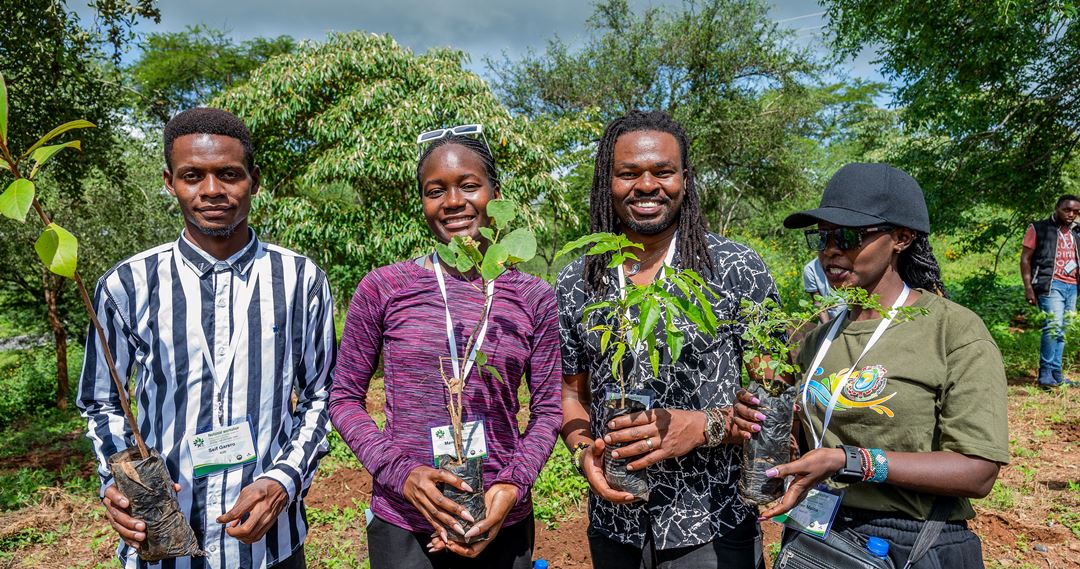
Despite being among the most vulnerable to the effects of climate change, Africa’s youth are uniquely positioned to lead the green transition. Their digital proficiency, innovation, and grassroots knowledge and networks provides them the advantage to implement nature-based solutions at both local and global levels. Yet, their voices are often underrepresented in sustainability debates and policy forums.
“Our forests are not just natural resources; they’re our inheritance. And it’s our duty as youth to protect and restore them with both urgency and creativity,” said Esther Maina, one of the participants who is also the National Coordinator, Kenyan Youth Biodiversity Network, a youth-led membership organization that galvanizes youth action to respond to pressing environmental challenges like biodiversity loss, climate change, and pollution.
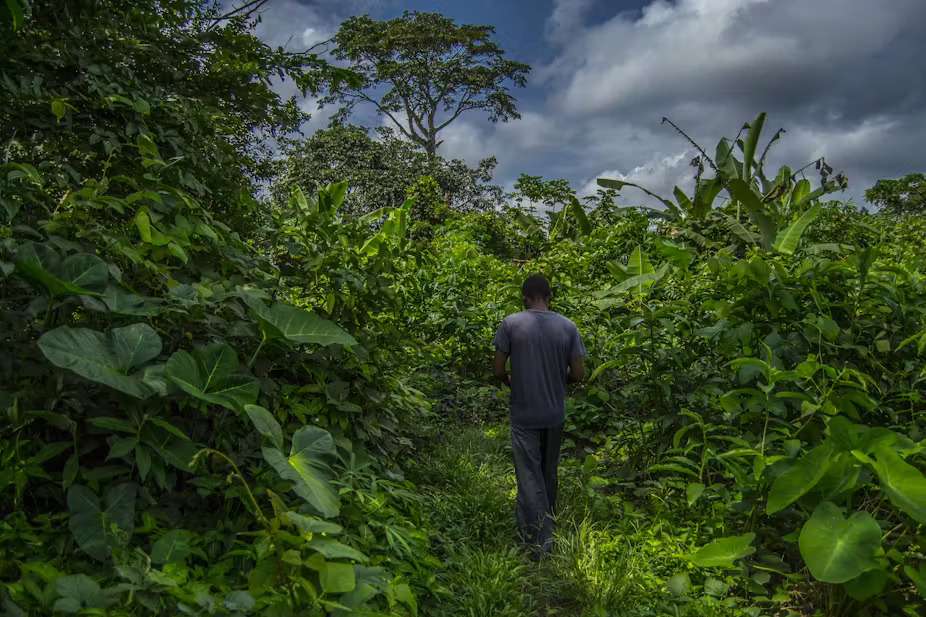
2025 Workshop Highlights > Cameroon
Youth Declare Commitment to Forest Governance and Climate Action at AY4F Workshop in Cameroon
